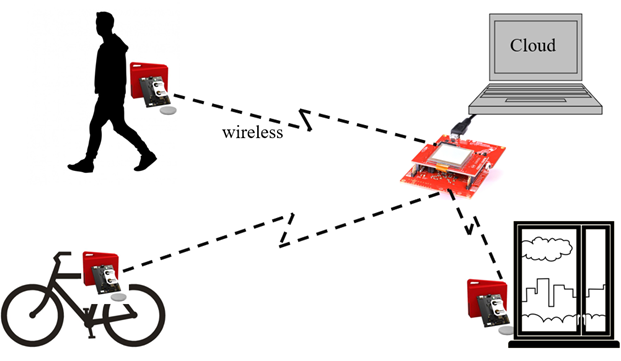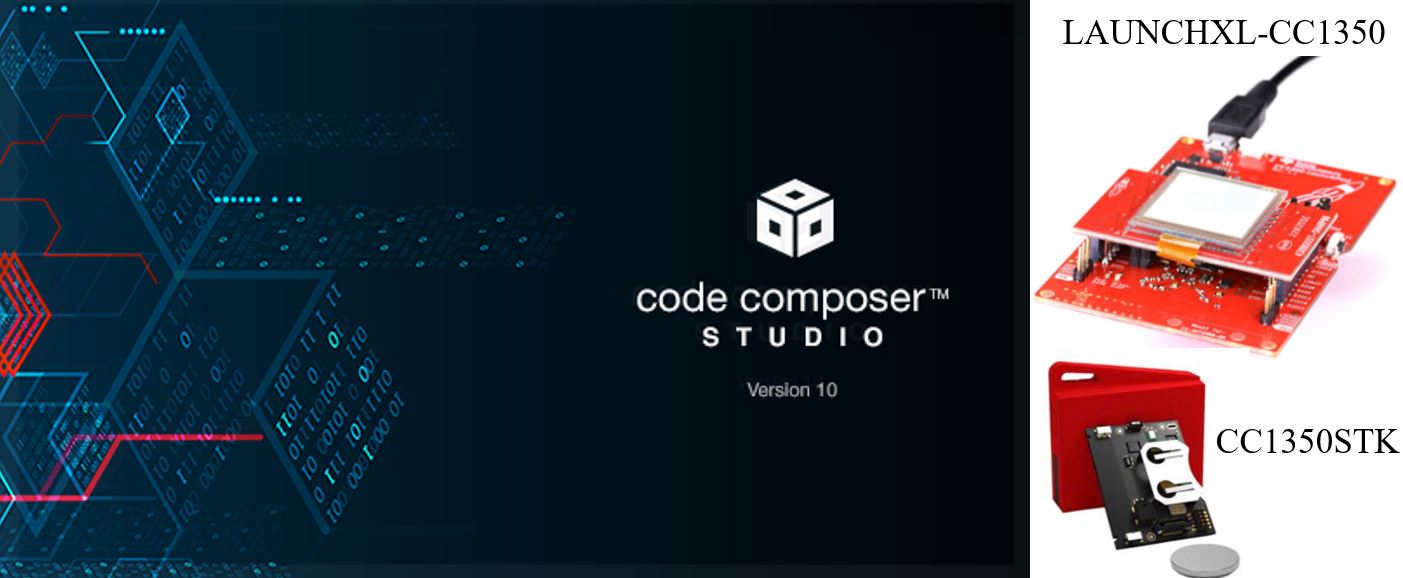Internet of Things (IoT) Lab
- type: Praktikum (P)
- chair: ITEC Henkel
- semester: WS 25/26
-
lecturer:
Georgios Mentzos
Prof. Dr.-Ing. Jörg Henkel
Miran Wael Saad Mahmoud Tobar - SWS: 4
- ECTS: 4
- lv-no.: 2424304
- information: On-Site
links
| Content | Welcome to the Internet of Things (IoT) world, where millions of connected devices are now involved almost in our everyday life, including our homes, offices, transportation, and our healthcare, from home appliances, vehicles, smartphones to wearable devices like smartwatches. IoT is growing very fast and spreads very quickly. Overview: This lab aims at providing the student with the practical concept of IoT systems design.
Lab’s Goals:
Target Audience:
Prerequisites:
Details:
|
| Language of instruction | English |
| Welcome to the Internet of Things (IoT) world, where millions of connected devices are now involved almost in our everyday life, including our homes, offices, transportation, and our healthcare, from home appliances, vehicles, smartphones to wearable devices like smartwatches. IoT is growing very fast and spreads very quickly. | |
| Overview: This lab aims at providing the student with the practical concept of IoT systems design.
|
Details:
|
|
Lab’s Goals:
|
Prerequisites:
Target Audience: This lab is also suitable for electrical engineering students and those who have an interest in embedded systems design. Course of Studies:
|



